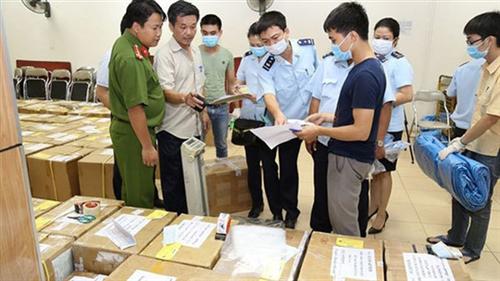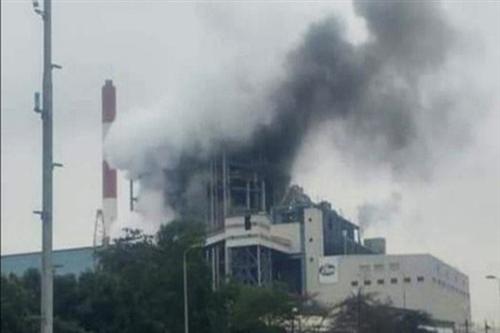Steel industry not likely to have the best of times in 2020
Steel industry not likely to have the best of times in 2020
The Vietnamese steel industry is expected to face difficulties this year due to an increase in production capacity, falling demand and protectionist measures by countries to reduce imports, according to experts. 
Last year was a difficult one for steel exporters due to the increase in protectionism, they said.
Exports to the US and the EU markets, the second and third largest markets for Vietnamese steel, fell by a combined 44 per cent in terms of volumes.
Prices too dropped due to falling global demand, causing losses to some construction steel companies.
Many companies have seen profit margins plummet, suffered losses or have cut output.
Domestic consumption was also lower than in 2018, with consumption in the first 11 months growing by 3.5 per cent year-on-year compared to 10 per cent in 2018.
Entering 2020 with opportunities from integration, especially the EU-Viet Nam Free Trade Agreement, the steel industry expects to boost production and export to new markets.
But the US Department of Commerce recently imposed import taxes of up to 456 per cent on corrosion-resistant steel and cold-rolled steel products using steel of Korean or Taiwanese origin, showing that protectionism continues and would put pressure on the steel industry.
According to SSI Securities Corporation, domestic consumption is expected to grow at 5-7 per cent in 2020 due to the slowdown in the real estate market and public investment.
But the increase in FDI could be a factor supporting demand.
In 2020 construction steel capacity is expected to increase by 15 per cent, mainly due to the new Hoa Phat Dung Quat iron and steel production complex area and VAS Nghi Son plant with a capacity of 2 million tonnes and 500,000 tonnes.
In the context of increasing competitive pressure, large companies in the construction steel segment with significant advantages in production, transportation costs and distribution such as HPG will hugely benefit.
The galvanised steel sheet segment could be more stable in 2020 because large companies do not plan to expand capacity this year.
According to SSI, a slowdown in China's economy might negatively affect steel demand, indirectly affecting steel prices in Viet Nam.
The Viet Nam Steel Association forecasts China’s steel demand to increase by 1 per cent this year, much lower than the estimated 7.8 per cent growth rate in 2019.
Global demand is estimated to grow at 1.7 per cent compared to 3.9 per cent last year.
Capacity increases amid a demand slowdown, especially for construction steel, would increase the pressure in the domestic market, making prices to be volatile, it added.

















